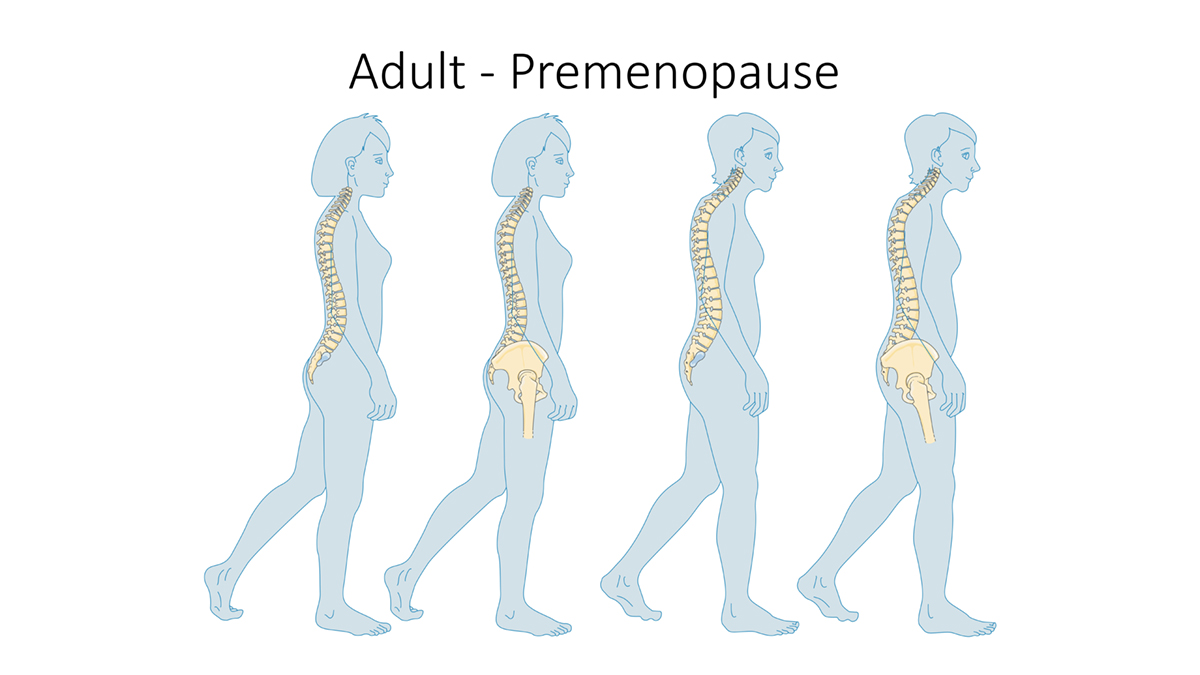
Premenopause is a period of menopause transition when the levels of reproductive hormones are already becoming lower and more erratic. During the premenopausal years, hormone withdrawal results in noticeable and clinically observable physical changes. Until recently, conventional medicine didn’t have anything to offer to women suffering from premenopausal symptoms. However, this condition is nowadays recognized as a transitional period that precedes menopause, characterized by hormonal fluctuations in women’s body, and many carefully tailored treatments are available.
Symptoms of premenopause
First symptoms of menopause transition may begin in the mid 30’s. More frequently, women experience first signs of menopause transition in their mid or late forties. Symptoms usually last for a couple of years but sometimes they can be dominant for then or more years. Premenopause is characterized by numerous symptoms that vary from one person to another. One of the first and most prominent symptoms of premenopause is “hot flashes”, sudden increases in body temperature.
These temperature changes can be so severe to completely exhaust the woman and make it feel weak and tired. Other common symptoms are breast tenderness, decreased sex drive, extreme fatigue, irregular periods, vaginal dryness that causes discomfort during sexual intercourse; problems with bladder control characterized by need to urinate more frequently urine leakage while coughing or sneezing; mood swings and difficulty sleeping.
Hormonal imbalance in premenopause
Throughout the premenopause hormonal levels in woman’s body start to fluctuate, causing a great number of symptoms. Drop of estrogen is responsible for vaginal dryness, hot flashes, night sweats, weight gain, headaches, breast tenderness, and sleep problems. Moreover, hormonal imbalance can cause great number of emotional problems and place a woman under the additional stress.
Premenopause years are often accompanied with a lot of stressful changes in woman’s life: caring for elderly parents, children leaving home, birth of grandchildren… Combined with hormonal fluctuations, these stressful experiences may often result in emotional changes, anxiety, irritability, depression, and a sudden inability to handle stress.
Until recently women were most often treated with antidepressants and medications such as Zoloft and Prozac. But today many clinicians advise prescribed synthetic hormone therapy as an efficient solution. There are also many natural ways to deal with menopause: increased consumption of calcium rich food, eating a proper diet, getting regular physical exercise and managing stress.
Calcium is very important for women in premenopause as it protects the body from osteoporosis, emotional swings and heart diseases. A daily diet of women in premenopause should always involve a lot of milk, cheese and green leafy vegetables.

















Your thoughts on this
Loading...